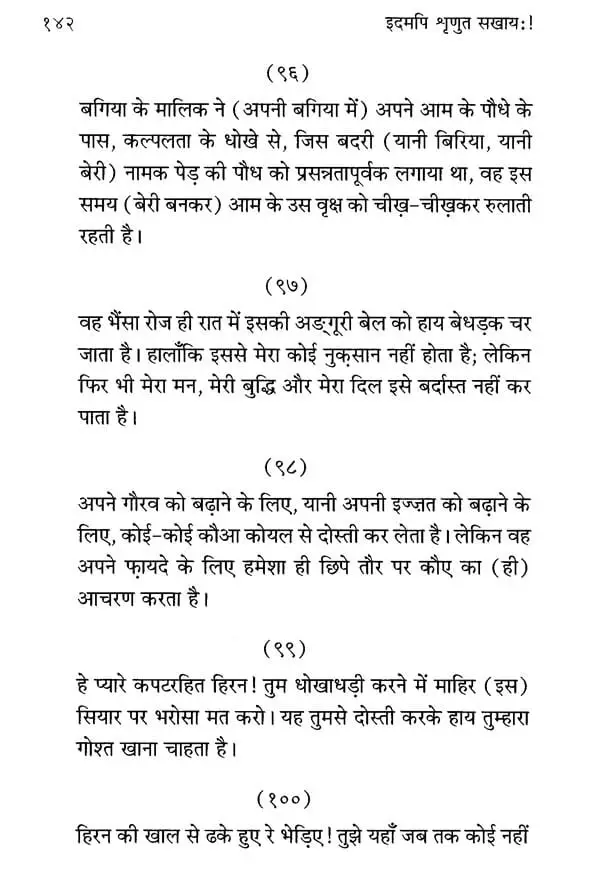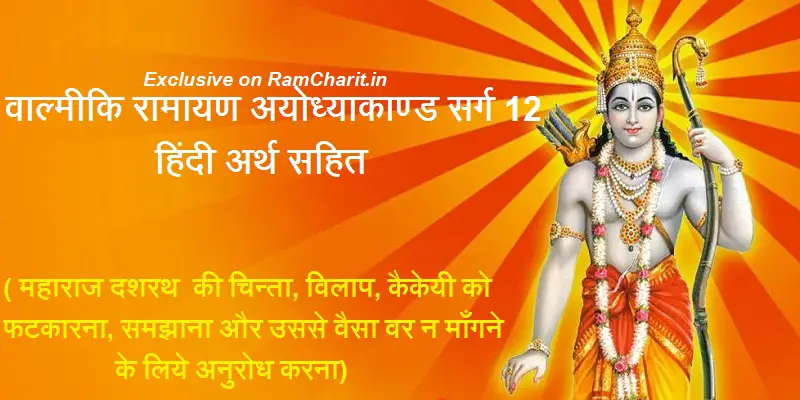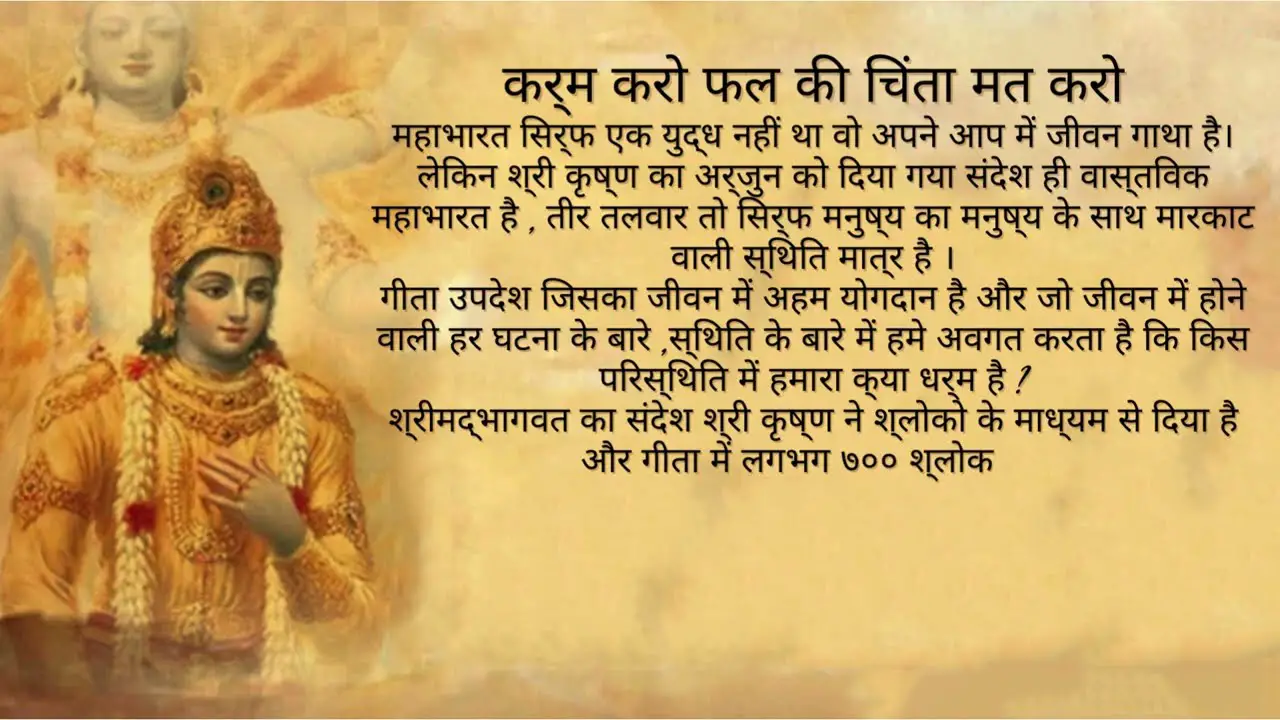karm karo fal ki chinta mat karo in sanskrit
The phrase ‘karm karo fal ki chinta mat karo’ in Sanskrit encapsulates a powerful philosophy that encourages individuals to focus on their actions rather than the outcomes of those actions. This principle, deeply rooted in ancient Indian wisdom and particularly emphasized in the Bhagavad Gita, provides a profound understanding of life’s journey. By engaging with this concept, we can unravel the complexities of human behavior, motivation, and the path to spiritual fulfillment.
Introduction: The Essence of ‘Karm Karo Fal Ki Chinta Mat Karo’ in Sanskrit
The essence of ‘karm karo fal ki chinta mat karo’ in Sanskrit signifies the importance of performing one’s duty without being overly concerned about the results. It encourages an individual to engage in their responsibilities wholeheartedly while surrendering the fruits of their labor to a higher power or the universe. This concept, derived from Hindu philosophy, teaches us the value of action (karma) and the significance of letting go (an acceptance of the outcome).
In a world driven by results and expectations, this philosophy serves as a reminder that our worth is not determined solely by the outcomes we achieve. Instead, it emphasizes the process of doing — the steps we take, the intentions behind our actions, and the growth we experience along the way. As we delve deeper into this topic, we will explore various dimensions of this idea, its historical roots, practical applications in daily life, and its impact on mental well-being.
Decoding the Sanskrit Phrase: ‘Karm Karo Fal Ki Chinta Mat Karo’ – A Linguistic Perspective
Understanding the phrase ‘karm karo fal ki chinta mat karo’ begins with breaking down its individual components. Each word carries significant meaning within the context of Sanskrit language and culture.
The Meaning of ‘Karm’
The term ‘karm’ translates to ‘action’ or ‘deed’. In the broader philosophical context, it refers to any activity performed with intention, whether physical, mental, or emotional. Actions are seen as the core of existence, shaping not only the individual but also the world around them.
Translating ‘Fal’
‘Fal’ means ‘fruit’ or ‘result’. In the context of our discussions, it implies the outcomes or rewards derived from our actions. The attachment to these results often leads to anxiety and dissatisfaction, which contradicts the essence of living fully in the present moment.
The Context of ‘Chinta Mat Karo’
‘Chinta mat karo’ translates to ‘do not worry’ or ‘do not think anxiously’. This part of the phrase underscores the importance of maintaining a calm mind and a balanced approach in our endeavors. Worrying about results can lead to stress and hinder our ability to perform effectively.
Linking the Components
When these elements are combined, ‘karm karo fal ki chinta mat karo’ emerges as a clarion call for selfless action. It advocates for a life led by purpose and intention, devoid of the burdensome weight of expectations. This synthesis holds great significance, especially in contemporary society where there is a constant pressure to succeed.
The Bhagavad Gita’s Influence: Exploring the Roots of ‘Karm Karo Fal Ki Chinta Mat Karo’

To truly appreciate the depth of ‘karm karo fal ki chinta mat karo’, one must turn to the Bhagavad Gita, a revered text in Hindu philosophy. This ancient scripture articulates the intricate relationship between duty, righteousness, and detachment from rewards.
The Dialogue Between Arjuna and Krishna
The Bhagavad Gita presents a dialogue between Prince Arjuna and Lord Krishna, who serves as his charioteer and divine guide. At the heart of their exchange is Arjuna’s moral dilemma about participating in battle. Krishna advises him to fulfill his kshatriya (warrior) duty without attachment to the consequences.
This teaching serves as the foundation for understanding the principle of karmic action. Krishna’s guidance empowers us to act based on inner convictions rather than societal pressures or fear of failure.
The Concept of Dharma
Dharma, or duty, is a pivotal theme in the Gita. It emphasizes that every individual has a unique role to play in the cosmic order. Understanding one’s dharma requires introspection and self-awareness, fostering a sense of responsibility towards oneself and the community.
By following one’s dharma and practicing ‘karm karo fal ki chinta mat karo’, one can cultivate a life of integrity and purpose, contributing positively to the world without becoming ensnared by the desire for personal gain.
Spiritual Liberation Through Action
Krishna elucidates that true liberation (moksha) comes from performing actions selflessly. In this light, ‘karm karo fal ki chinta mat karo’ transcends mere advice; it becomes a pathway to spiritual enlightenment. By relinquishing attachment to results, one opens themselves to a more profound connection with the universe and a greater sense of inner peace.
‘Karm Karo Fal Ki Chinta Mat Karo’: A Practical Guide to Action Without Attachment

Embracing the notion of ‘karm karo fal ki chinta mat karo’ invites us to adopt practical strategies that foster a mindset of action without attachment. Here, we explore actionable steps that can help incorporate this philosophy into daily life.
Cultivating Mindfulness in Daily Activities
Mindfulness plays a crucial role in enabling individuals to remain focused on the present moment. By practicing mindfulness, we can enhance our awareness of actions performed throughout the day, allowing us to enjoy the process itself instead of fixating on outcomes.
Engaging in activities like meditation or deep-breathing exercises can help cultivate this state of awareness. When we immerse ourselves in the task at hand, be it work, hobbies, or relationships, we embody the essence of ‘karm karo fal ki chinta mat karo’.
Setting Intentions Rather Than Goals
Instead of rigidly adhering to specific goals, setting intentions allows for flexibility and adaptability. Intentions focus on the ‘why’ behind our actions, providing clarity and purpose without tying us down to fixed expectations.
For example, rather than aiming for a promotion at work, one might set an intention to contribute positively to team dynamics. This shift fosters a sense of fulfillment derived from the act itself rather than merely the anticipated reward.
Embracing Failure as a Learning Opportunity
One of the greatest barriers to embracing ‘karm karo fal ki chinta mat karo’ is the fear of failure. However, re-framing failure as a stepping stone to growth can liberate us from this fear. Each setback offers valuable lessons and insights that can inform future actions.
By viewing failure through this lens, we can engage in our pursuits wholeheartedly, knowing that each experience enhances our understanding of ourselves and the world around us.
Beyond Reward: Understanding the Deeper Meaning of ‘Karm Fal’ (Fruit of Action)

To grasp the full essence of ‘karm karo fal ki chinta mat karo’, we must delve into the concept of ‘karm fal’ — the fruit of action — and understand its implications beyond mere outcomes.
The Illusion of Control Over Outcomes
A fundamental aspect of ‘karm fal’ is recognizing that while we have control over our actions, we do not always hold dominion over the outcomes. Life operates on a complex web of variables, including external circumstances and the actions of others.
Understanding this illusion of control can empower us to focus on the effort we put forth instead of getting consumed by whether or not we achieve our desired results.
The Connection Between Intent and Outcome
While we may not have control over the final outcome, the intentions behind our actions significantly influence the quality of our experiences. Acting with integrity, compassion, and authenticity creates ripples that extend far beyond immediate results.
Thus, nurturing positive intentions aligns with the philosophy of ‘karm karo fal ki chinta mat karo’, encouraging us to engage in actions that reflect our values, irrespective of the end result.
Acknowledging Interconnectedness
The idea of ‘karm fal’ also speaks to the interconnectedness of all beings. Our actions inevitably impact others, creating a collective tapestry of experiences and outcomes. By acting selflessly and with awareness, we contribute to a more harmonious world.
This perspective invites us to broaden our understanding of success, seeing it not just in terms of personal achievements but in how our actions resonate within our communities and ecosystems.
Overcoming Anxiety: How ‘Karm Karo Fal Ki Chinta Mat Karo’ Promotes Mental Well-being

The modern world is rife with anxiety and stress, often stemming from an overemphasis on performance and achievement. By adopting the philosophy of ‘karm karo fal ki chinta mat karo’, individuals can alleviate some of these pressures and cultivate a healthier mindset.
Reducing Performance Anxiety
Performance anxiety arises from the fear of not meeting expectations, both externally imposed and self-created. By focusing on the process of action rather than the anticipated outcomes, individuals can free themselves from the shackles of perfectionism.
This shift allows for a more relaxed approach to endeavors, paving the way for creativity, innovation, and personal growth without the burden of anxiety.
Enhancing Resilience Through Acceptance
Acceptance is a core tenet of the ‘karm karo fal ki chinta mat karo’ philosophy. Embracing whatever arises from our actions—whether success or failure—cultivates resilience.
This resilience enables individuals to navigate challenges with grace, reducing feelings of helplessness and empowering them to respond proactively.
Fostering Self-Compassion
Self-compassion involves treating oneself with kindness and understanding during challenging times. By practicing ‘karm karo fal ki chinta mat karo’, individuals learn to acknowledge their efforts without harsh judgment based on results.
This approach nurtures a positive self-image and reinforces the belief that one’s worth is not contingent upon external validation, ultimately enhancing mental well-being.
The Ethical Implications: ‘Karm Karo Fal Ki Chinta Mat Karo’ and Moral Responsibility

The principle of ‘karm karo fal ki chinta mat karo’ extends beyond personal development; it embodies ethical considerations and moral responsibility towards oneself and society.
Duty Towards Society
Engaging in selfless action means recognizing our role within the larger fabric of society. Each action we undertake has the potential to inspire change and uplift those around us. By practicing ‘karm karo fal ki chinta mat karo’, we honor our obligations to contribute to the common good.
This commitment fosters a sense of interconnectedness, reminding us that our actions can either serve or detract from the well-being of others.
Accountability in Action
With the freedom to act without attachment comes the responsibility of accountability. While we may not be bound to specific outcomes, we should uphold ethical standards in our actions.
Practicing integrity and transparency ensures that our actions align with our values, reinforcing a moral compass that guides us through life’s complexities.
Contributing to Global Justice
The implications of ‘karm karo fal ki chinta mat karo’ resonate on a global scale, urging individuals to consider the ethical dimension of their actions. A commitment to social justice, environmental stewardship, and equitable practices aligns with the spirit of this philosophy.
By prioritizing actions that promote equity and sustainability, we embody the essence of selfless service, creating ripples of positive change in the world.
Real-Life Examples: Applications of ‘Karm Karo Fal Ki Chinta Mat Karo’ in Modern Society

The principles of ‘karm karo fal ki chinta mat karo’ are not confined to philosophical discourse; they manifest in real-life scenarios across various spheres, guiding individuals toward purposeful living.
The Professional Sphere
In competitive professional environments, individuals often feel immense pressure to deliver outstanding results. However, those who embrace the philosophy of ‘karm karo fal ki chinta mat karo’ tend to thrive. They focus on doing their best work while remaining open to the natural flow of career progression.
This approach cultivates innovation and creativity, allowing individuals to explore new avenues and collaborate more effectively with colleagues.
Community Service Initiatives
Engagement in community service epitomizes the spirit of ‘karm karo fal ki chinta mat karo’. Volunteers dedicate their time and energy without seeking accolades or recognition. Their selfless contributions enrich the lives of others while fostering a sense of belonging and shared purpose.
By serving others without expectation, these individuals exemplify the transformative power of selfless action.
Artistic Expression
Artists, writers, and creators often grapple with the fear of public reception and criticism. Those who adopt ‘karm karo fal ki chinta mat karo’ find freedom in the creative process, allowing their passions and inspirations to drive their work without the constraints of external validation.
This liberation often results in authentic expressions that resonate deeply with audiences, underscoring the profound relationship between selfless creation and genuine connection.
Comparative Analysis: ‘Karm Karo Fal Ki Chinta Mat Karo’ in Different Philosophical Traditions
The concept of engaging in action without attachment is not exclusive to Hindu philosophy; it finds echoes across various spiritual and philosophical traditions worldwide.
Buddhism’s Emphasis on Right Action
Buddhism promotes the idea of “Right Action” as part of the Noble Eightfold Path. Similar to ‘karm karo fal ki chinta mat karo’, it emphasizes ethical conduct and the importance of intention behind actions. Buddhists believe that by cultivating mindfulness and compassion, individuals can engage in meaningful actions devoid of attachment to results.
Stoicism and the Art of Letting Go
Stoicism, an ancient Greek philosophy, advocates for focusing on what is within our control while accepting what lies beyond it. This mindset mirrors the essence of ‘karm karo fal ki chinta mat karo’. Stoics teach that individuals should concentrate on their actions and pursue virtue, leaving the results to the unfolding of nature.
Existentialism and Authenticity in Action
Existentialist philosophers emphasize the importance of authentic living and personal responsibility. They encourage individuals to create meaning through their actions. By aligning with the spirit of ‘karm karo fal ki chinta mat karo’, existentialism resonates with the notion of engaging fully in the present moment, regardless of external outcomes.
Conclusion: Embracing ‘Karm Karo Fal Ki Chinta Mat Karo’ for a Fulfilling Life
As we conclude our exploration of ‘karm karo fal ki chinta mat karo’, it is essential to recognize the transformative power of this philosophy. By embracing the principles of selfless action, mindful engagement, and ethical responsibility, we can cultivate a life rich in meaning, purpose, and connection.
In a world that often prioritizes outcomes over processes, the teachings of ‘karm karo fal ki chinta mat karo’ remind us of the inherent value in our actions, the importance of intention, and the liberation found in letting go. As we integrate this philosophy into our lives, we pave the way for personal growth and contribute positively to the collective experience of humanity.
Ultimately, the practice of ‘karm karo fal ki chinta mat karo’ invites us to live authentically, engage deeply, and find joy in the journey itself, illuminating our path toward fulfillment and inner peace.

